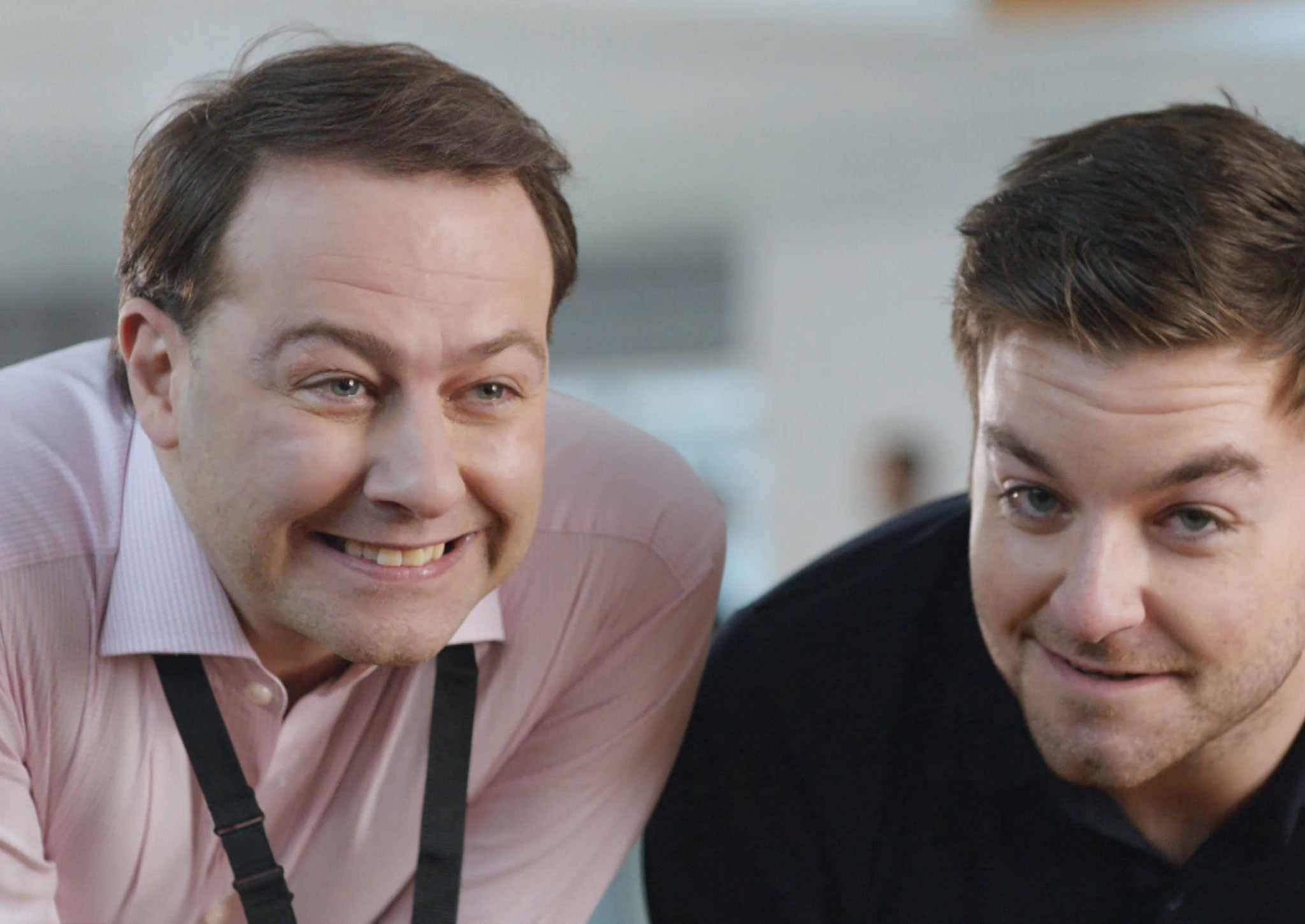I have dwarfism. It shouldn't be awkward to talk about it
Many will worry about breaking some sacrosanct rule of political correctness

I often think that it’s a good job the Metropolitan Police don’t operate a policy of ‘size profiling’. If they did, life would be constantly interrupted by being stopped and searched, mistaken for someone else who wasn’t me; they just fitted the description: white, male, and under 4’6”.
To be clear: this is not about dwarfs like myself being more likely to commit crime than average height people. It is about the many awkward interactions I have, week after week, when a stranger will insist on stopping me in the street to ask if I’m “off the TV” or say that they “love my films” (I haven’t been in any). A couple of years ago, a man stopped me while walking in Camden Market:
Stranger: “Excuse me, but were you in Jerusalem yesterday?”
Me: “‘Jerusalem’? Is that a play or a musical?” (people sometimes ask if I work in theatre or, more insultingly, tell me I’d “make good money” if I worked in the Panto).
Stranger: “No.”
Me: “You mean Jerusalem the place?”
Stranger: “Yes.”
Me: “Was I in Jerusalem yesterday??”
Stranger: (as if it’s a normal question) “Yes!”
Me: “Seriously?? NO!”
The man looked at me askance, like it was reasonable to assume there was only one dwarf, whose job it must be to travel the world, popping up in different places on a timetable so tight it would need Doc Brown and a flux capacitor.
More awkward are those occasions when the person approaching me confuses me for one of their friends. While studying at Sussex University, there was, at the same time, a man with the same sort of dwarfism as me (Achondroplasia) and of the same age and height, but we really didn’t look anything like each other.
Yet, people would confuse us for one another, frequently. Even his ‘friends’ (which was odd. I don’t think my black friends would stick around for long if I repeatedly confused them with random black people in the street).
On one occasion, while in a club, walking across the dance floor, the man in front of me stops me and slaps me in the face. Not a punch, but a hard, banter-between-lads slap.
I look up at him, livid. “This had better be good”, I tell him.
As his eyes meet mine, all colour drains from his face, his jaw drops.
“OH GOD. I’M SO SORRY! YOU LOOK JUST LIKE MY MATE. I THOUGHT YOU WERE MY MATE. HONESTLY!”
I take such moments on the chin (literally, sometimes). But these examples underline an important point: that there still remains among many people a real lack of awareness around dwarfism and disability. Many people don’t know how to approach difference when they encounter it (which is not necessarily their fault) so they approach it through the only point of reference that they have – films and television – or assume you must be someone you’re not.
I’ve said before how this highlights the need for more normal representation of dwarfism and disability in the media. But it also calls for something else: the need for people to feel able to talk openly and freely about difference and disability. It’s a difficult ask. Many will worry about breaking some sacrosanct rule of political correctness. But only by pushing that sense of awkwardness aside and leaving their comfort zone can such a discussion ever begin in the first place. The new ‘End the Awkward’ campaign, launched by Scope, is a good place to start this on a national level.
The encounters described above are funny ones. Believe me, I have others – some violent and abusive. But the one I take most heart from was when a young mum with a little girl, aged 4, stopped me in the street and bravely asked whether I would explain to her daughter why I look different.
I have no doubt that little girl won’t remember me or what I said to her, but I like to think that perhaps next time she sees someone with dwarfism it will all feel a little more familiar.

Join our commenting forum
Join thought-provoking conversations, follow other Independent readers and see their replies